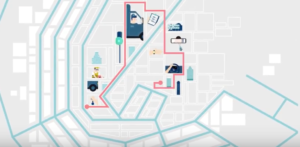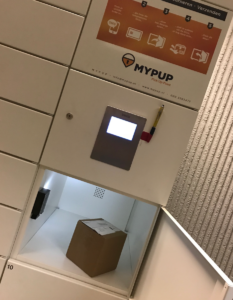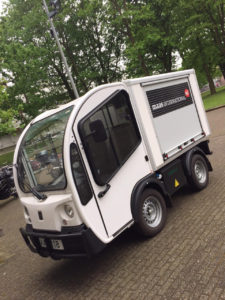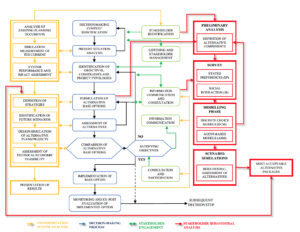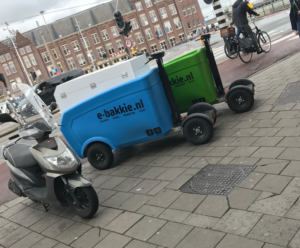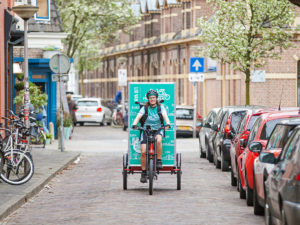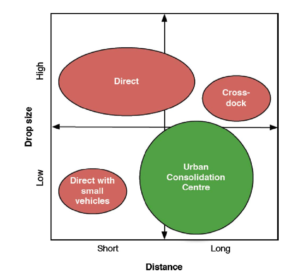European cities are more aware of urban construction logistics

More European cities see construction logistics as part of urban freight policies, but also a lot of European cities do not have any initiatives yet. However, the awareness to deal with urban construction logistics is growing. These are the conclusions of the latest SUCCESS-report on the experience and maturity of 12 European cities in construction logistics.


